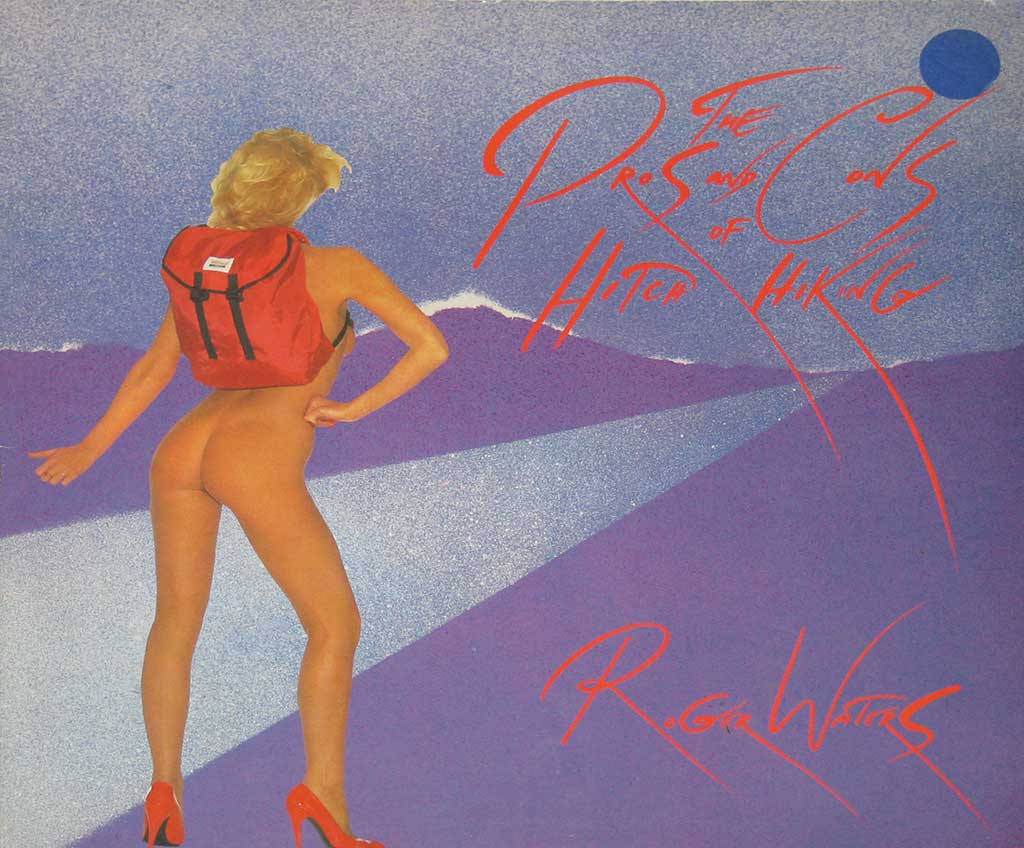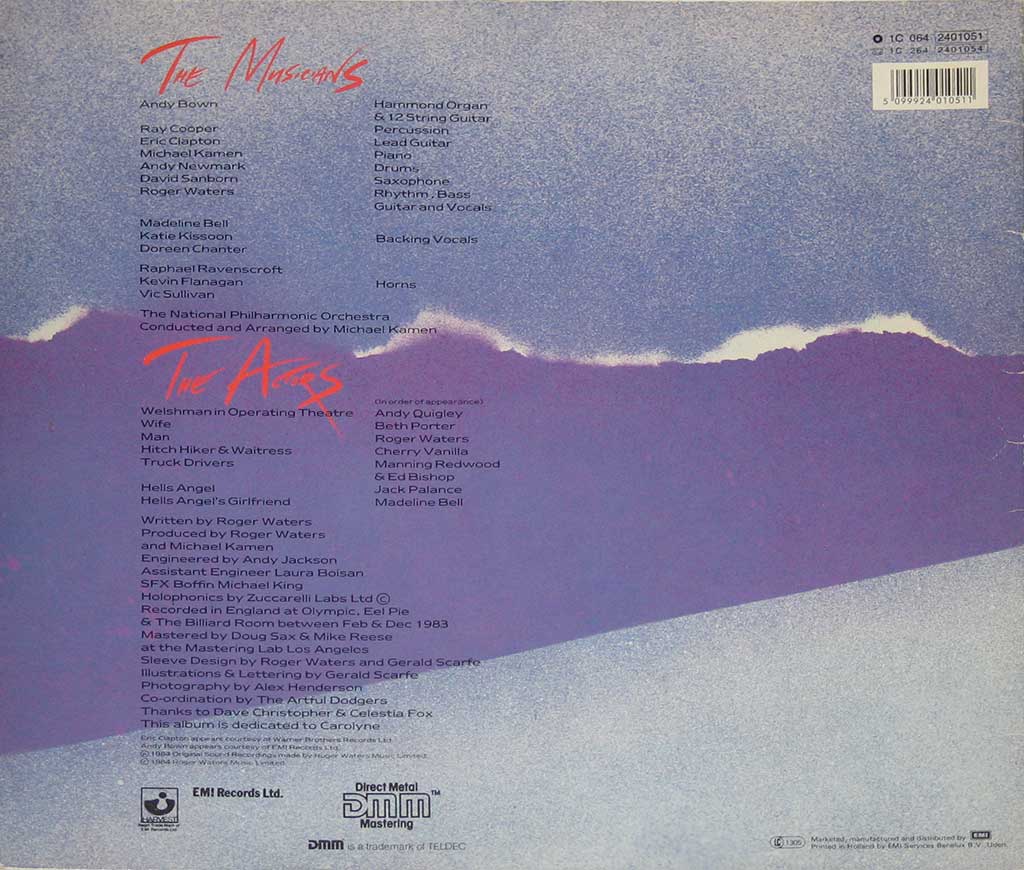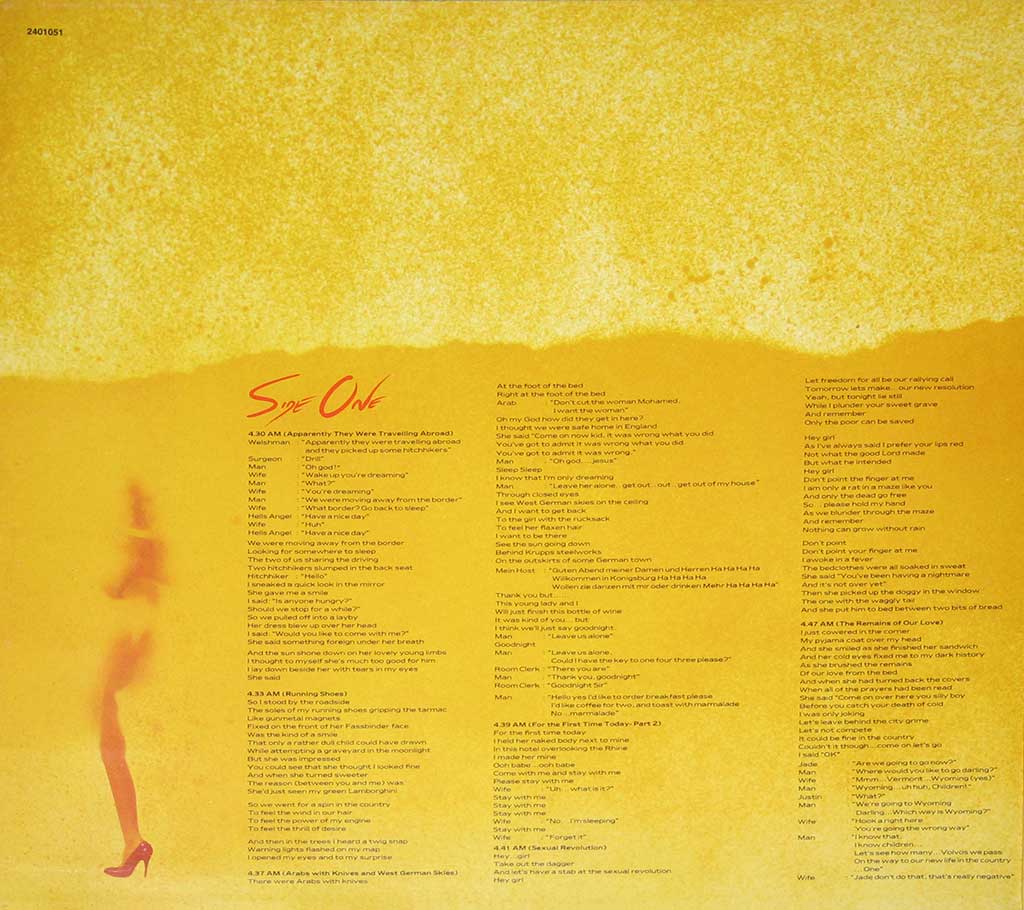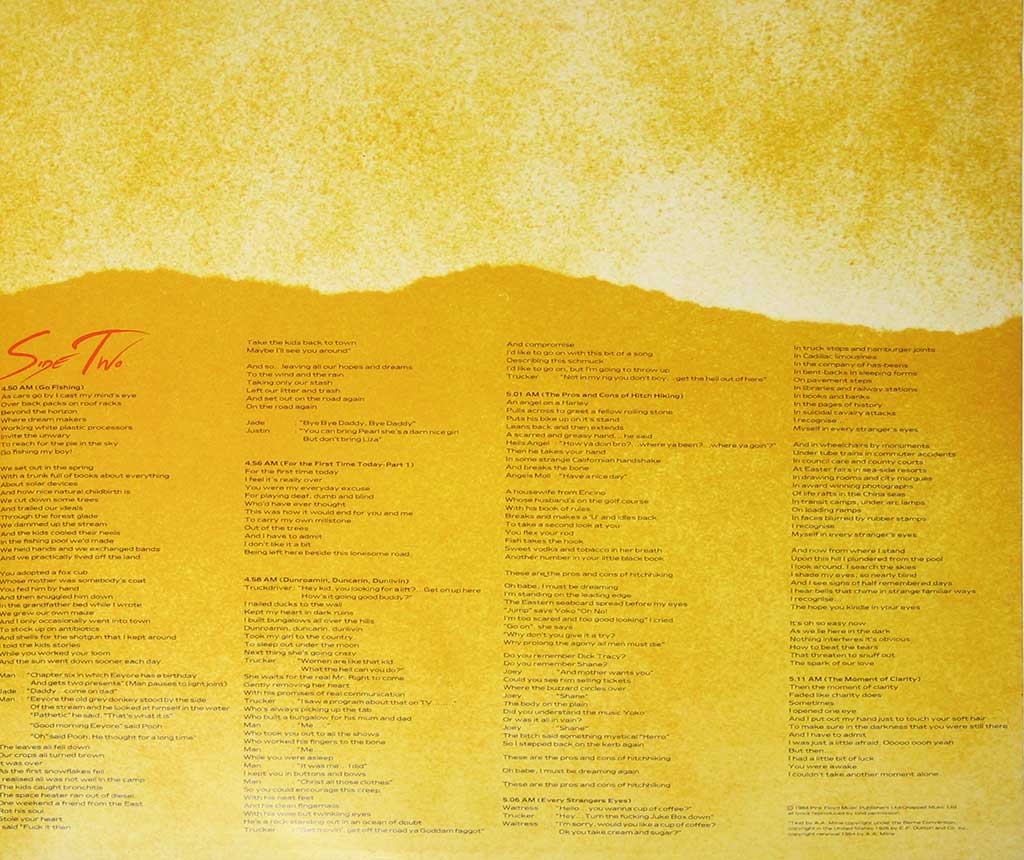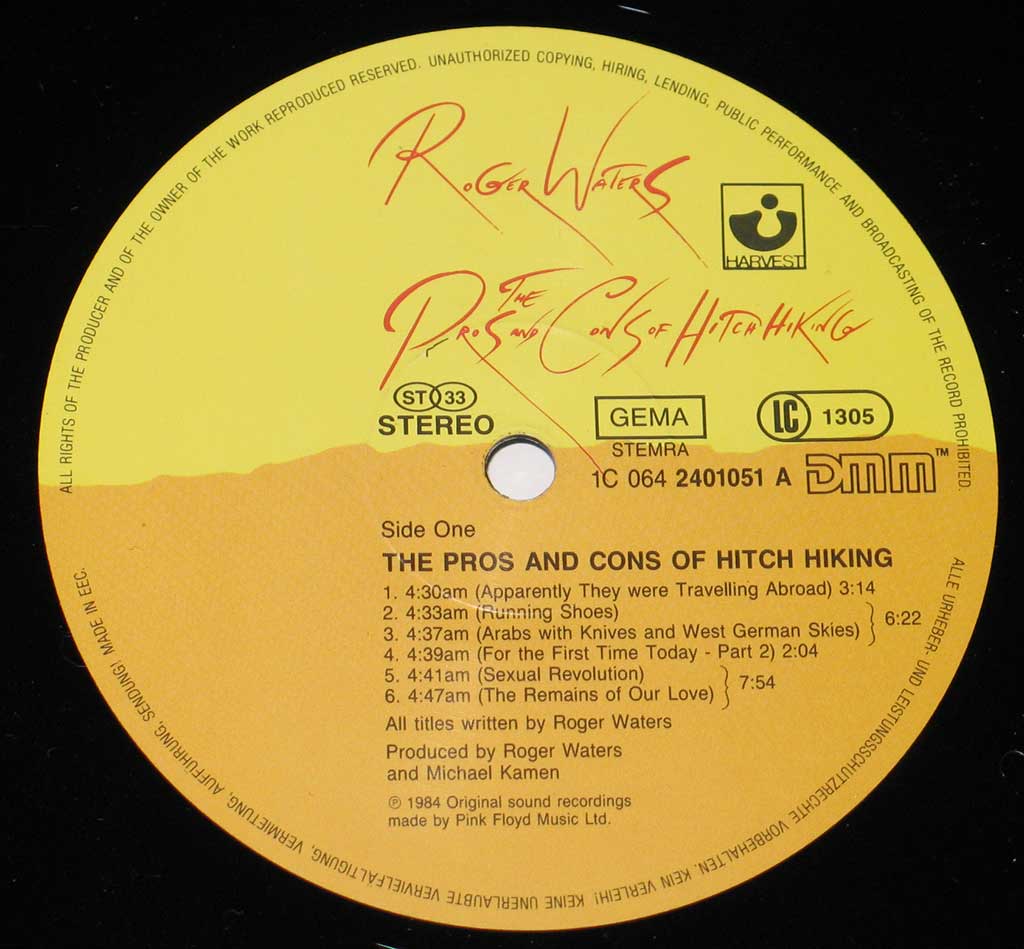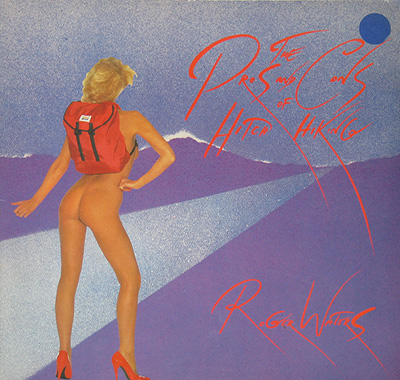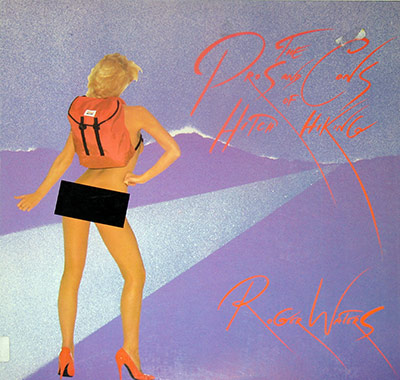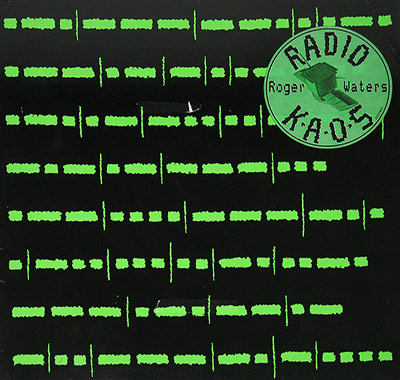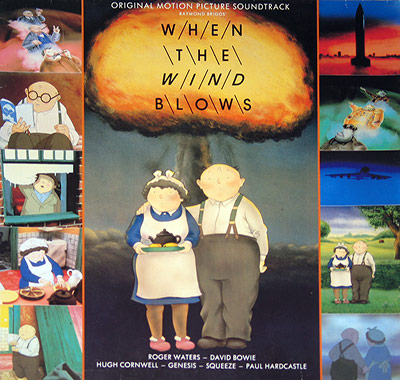Album Description:
Roger Waters is a name that is synonymous with Pink Floyd, one of the most successful and influential rock bands of all time. However, in 1984, Waters decided to branch out and create a solo album, entitled "The Pros and Cons of Hitchhiking." The album is a concept piece that follows the dreams of a man as he travels through his subconscious mind. It's a departure from the sound and style of Pink Floyd, but it still contains Waters' signature lyrical and musical style.
The album's central theme is the subconscious mind, and the journey that one takes when they delve into it. The protagonist of the album is a man who is dreaming and has hitchhiked into his own mind. The songs on the album deal with the man's experiences and the themes that emerge as he travels through his subconscious.
One of the primary themes of the album is relationships. Throughout the album, the man reflects on his past relationships and the mistakes he has made. He is haunted by the memories of his ex-wife and his affair with a younger woman. The song "Sexual Revolution" deals with the protagonist's fear of being alone and his desire to find love.
Another theme of the album is mortality. The man reflects on his own mortality and the inevitability of death. In the song "4:30 AM (Apparently They Were Traveling Abroad)," the man contemplates the fragility of life and the fear of dying alone.
The album features a range of musical styles, from hard rock to jazz. Waters' lyrics are poetic and insightful, and the music complements the themes of the album. The album features several guest musicians, including Eric Clapton on guitar and Michael Kamen on keyboards.
One of the standout tracks on the album is "5:06 AM (Every Stranger's Eyes)." The song features a catchy guitar riff and a driving rhythm that builds to a crescendo. The lyrics deal with the protagonist's fear of the unknown and his desire for connection.
Another standout track is "The Pros and Cons of Hitchhiking." The song features a bluesy guitar riff and a hypnotic rhythm. The lyrics deal with the protagonist's fear of commitment and his desire for freedom.
"The Pros and Cons of Hitchhiking" was a commercial and critical success, reaching number 31 on the US Billboard 200 chart. The album showcased Waters' lyrical and musical talents and solidified his reputation as a solo artist. The album was also a departure from Pink Floyd's sound and style, showing Waters' willingness to experiment and explore new musical territory.
The original album cover for Roger Waters' "The Pros and Cons of Hitchhiking" features a photograph by French artist and photographer Thierry Le Gous, which depicts a woman's bare back with a suitcase on it, along with a road sign and a hitchhiking thumb. The cover was considered sexually suggestive and controversial, leading to censorship in some countries.
t is believed that the censorship was due to concerns over nudity and sexual content, as well as fears that the original cover could be seen as promoting hitchhiking, which was considered dangerous at the time.
It's worth noting that the album was released during a time when there was increased concern about explicit or offensive content in music, with the Parents Music Resource Center (PMRC) leading a campaign to label albums with explicit lyrics. The controversy surrounding the album cover may have been a response to this larger cultural trend.
The Controversy:
The album cover of Roger Waters' "The Pros and Cons of Hitchhiking" became a focal point of controversy, revolving around its sexually suggestive nature. The original cover, prominently featured on the "uncensored" version, displays a woman's bare back adorned with a suitcase, positioned alongside a road sign and a hitchhiking thumb.
This visual depiction stirred a wave of disapproval, leading to censorship in certain countries, primarily due to its perceived revealing and potentially exploitative elements. The concerns surrounding the album cover centered on two main issues.
Firstly, the nudity and sexual content portrayed in the exposed back were deemed inappropriate and potentially offensive to some segments of the audience. The mid-1980s marked a different cultural landscape, where societal norms were more conservative compared to contemporary standards.
Secondly, the image was criticized for potentially encouraging a hazardous activity – hitchhiking. The hitchhiking gesture in the artwork raised concerns about promoting a practice that was viewed as potentially dangerous during that period.
It is crucial to contextualize these concerns within the socio-cultural milieu of the mid-1980s. The prevailing attitudes towards nudity, sexuality, and societal safety were different than they are today. The controversy surrounding the album cover serves as a reflection of the evolving perceptions and sensitivities during that era.
